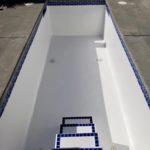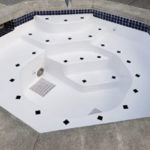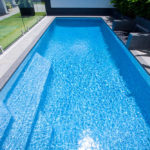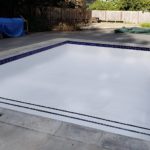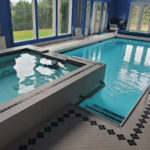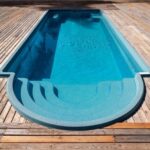If you live in an area where the climate is unpredictable, you want to make sure your property can stand to extreme weather changes. For pool owners, make it a habit to consult swimming pool repair Las Vegas services as unexpected freezing temperatures can cause a lot of damage to your pool.
Winterization is an integral part of pool maintenance. Apart from consulting professional pool contractors to check and repair any issues with your pool and pool deck, there are many other ways you can prepare for winter.
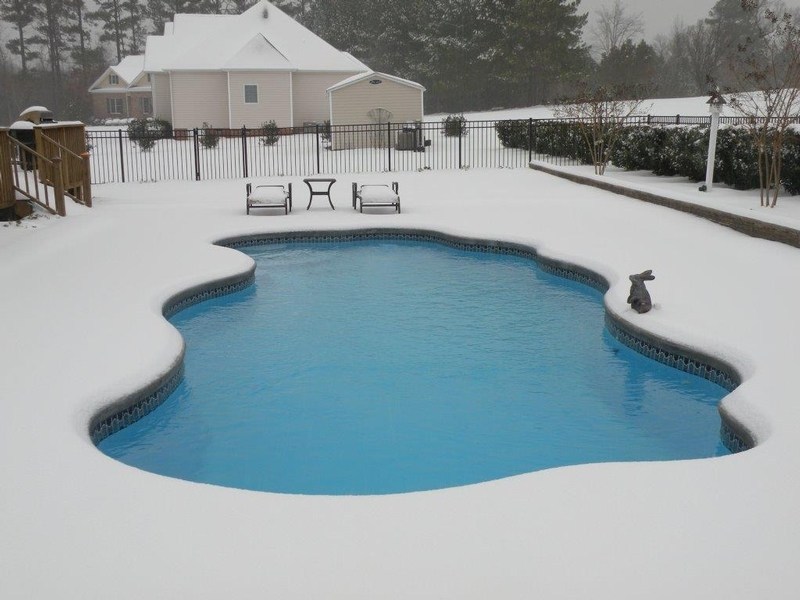
Preserving Water Quality
When water quality is not maintained, two primary issues may arise: one, it may result in the build-up of calcium crystals or globs of algae, and two, your pool will be subject to aggressive corrosion. Here’s how you can preserve water quality:
1- Balance Your Water to the Following Levels
There are three ways you can test your pool water: by using a liquid test kit, test strips, or by consulting a professional. When balancing, make sure to observe the chemical levels below:
- pH: 7.2-7.6
- Total Alkalinity: 80-120 ppm
- Calcium Hardness: 200-400 ppm
- Sanitizer (chlorine): 2.0-4.0 ppm
2- Apply Shock Treatment to the Water
Shock treatment may come in a chlorinated or non-chlorinated formula. Doing this prohibits algae growth.
3- Adding a Sequestering Agent
This will help prevent any dissolved metals from staining your pool’s surface.
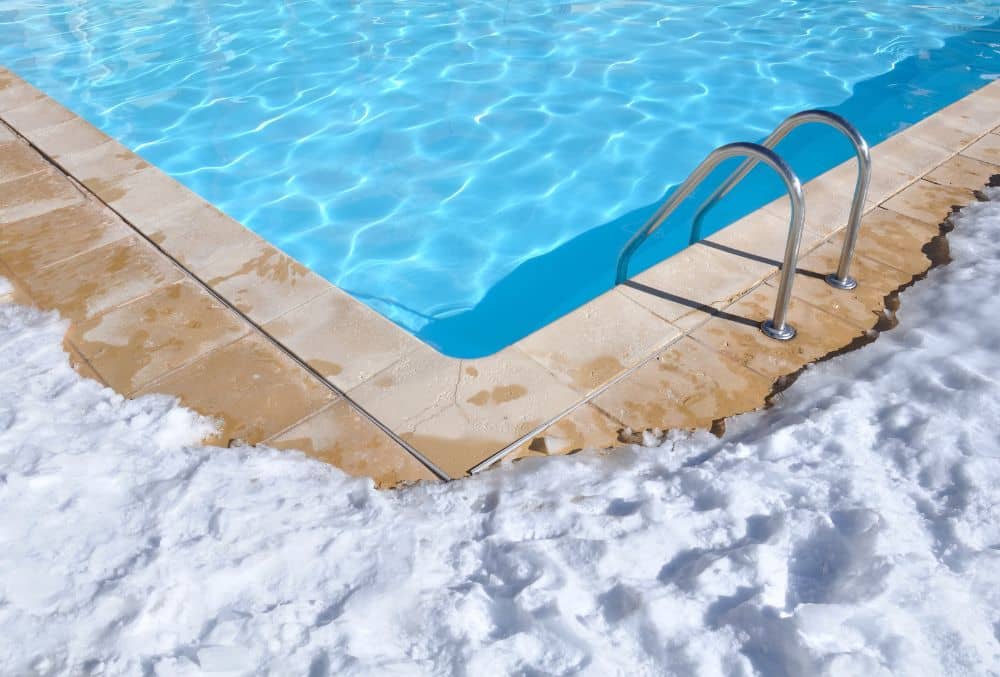
Protect Pool Surface
1- Clean Your Pool
This will prevent unwanted debris from causing unsightly markings if left on the surface of the pool for a long time.
2- Lower the Water Level
Make sure to drain the pool to no more than 6 inches from the bottom of the skimmer. This ensures that no water can get into the pumping system.
3- Clear Pipes and Equipment of Water
This protects your pipes from bursting during winter. Use a blower or compressor and plug the lines at the pool.
4- Add Swimming Pool Antifreeze to the Lines
This protects swimming pool pipes down to -40 degrees Fahrenheit.
5- Install a Winter Tarp Cover
It helps minimize unwanted debris and prevent significant fall hazards. By blocking out the sun’s rays, it also helps to prevent algae staining and high chlorine demand.
6- Close Access to the Pool
This ensures that no one else, especially kids and pets, could go to the pool area. Aside from protecting the pool cover and the pool equipment, this also prevents any significant fall hazards.
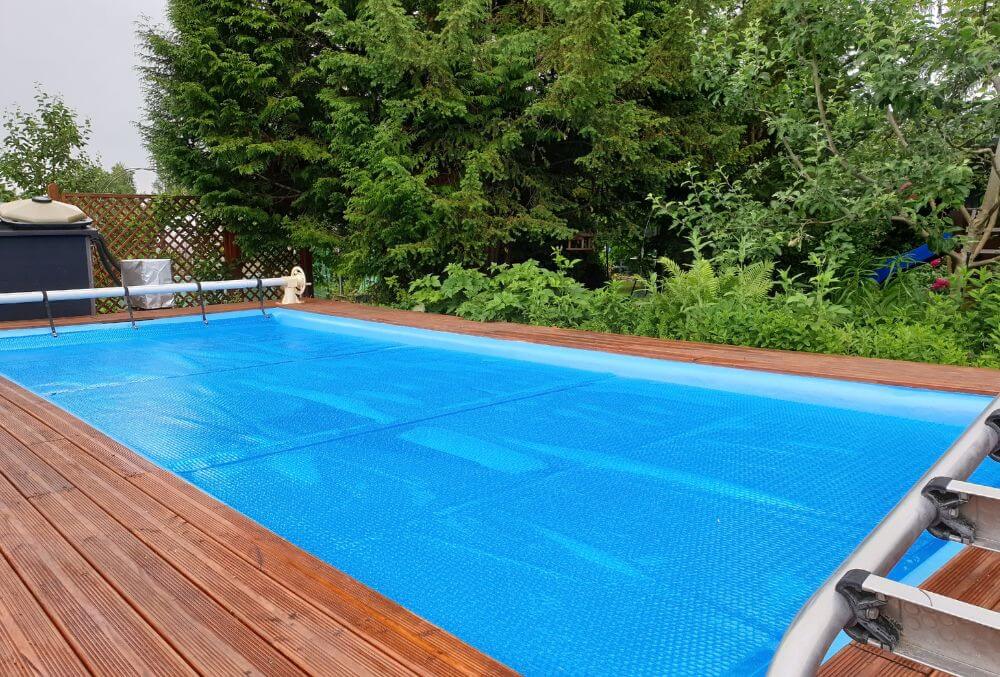
Secure Chemicals and Equipment
Proper storage and securing of pool cleaning chemicals and equipment not only helps avoid potentially dangerous chemical reactions and significant damage to your equipment.
It also minimizes your effort of setting up when pool season begins again. Take note of the following steps:
1- Store Chemicals Away From Other Products and From the Reach of Pets and Children
Make sure to keep them in a cool, dry, well-ventilated area separate from other products such as fertilizers, motor oil, grease, paint, and other household and garden chemicals.
2- Shut Off Each Piece of Equipment Individually
Turn off pumps, lights, filter, heater, and heater individually. If you’re using an automatic pool cleaner, remove it, drain, and store it properly. Also, make sure to turn off the breakers to your equipment.
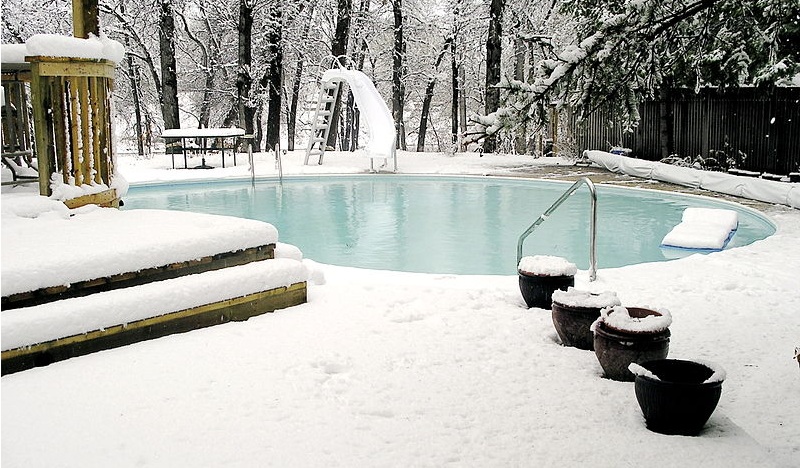
Conclusion
Let’s admit it pool cost Las Vegas doesn’t come cheap! As a homeowner, it is your responsibility to make sure winterization is done appropriately.
If you have existing issues with your pool, make sure to address them before the freezing weather could further aggravate them. Talk to your local pool repair services today.
